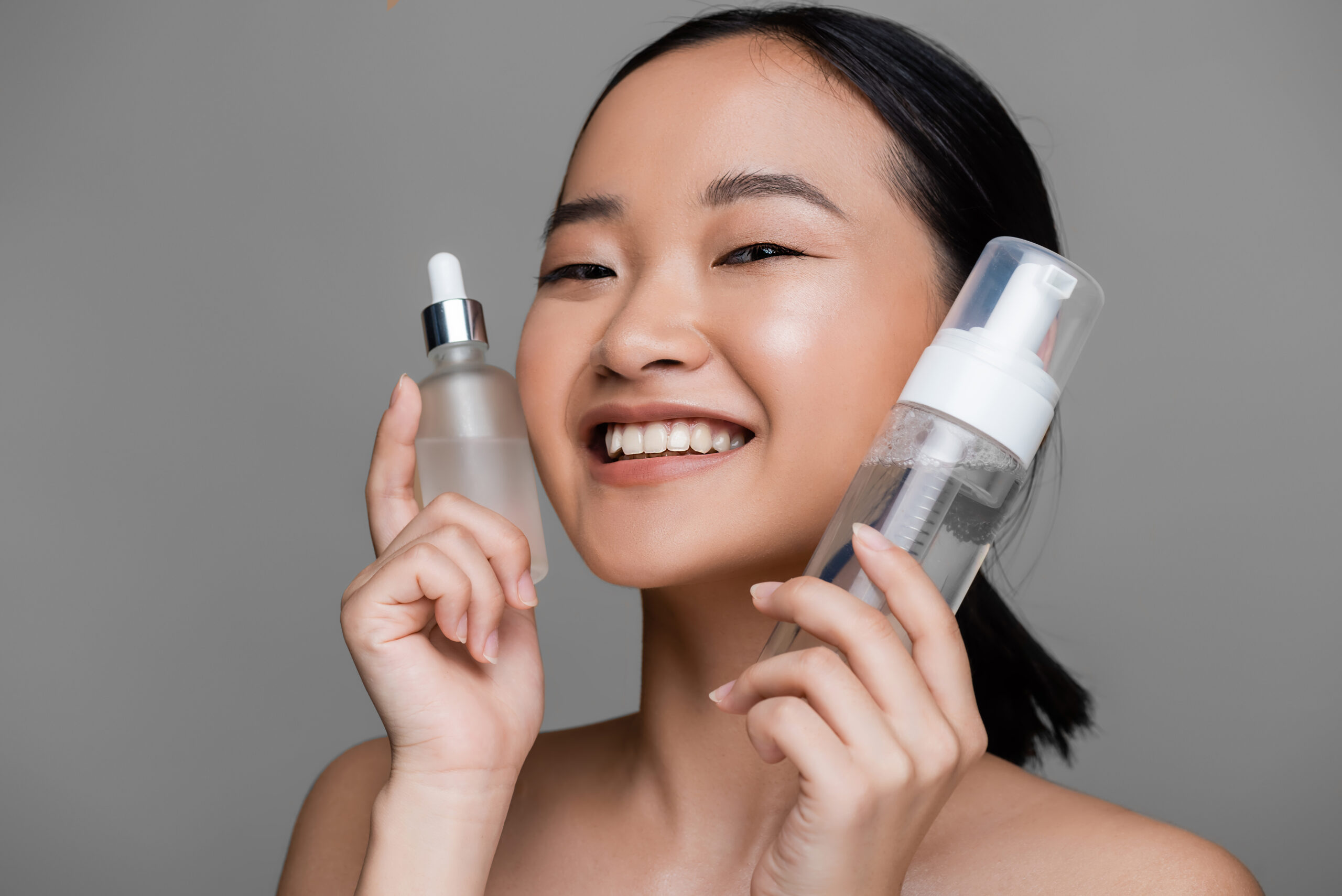
Therapr Team
In recent years, the skincare industry has exploded with choices—from homemade organic creams to high-tech medical-grade serums. While natural products appeal to those seeking eco-friendly, chemical-free solutions, medical-grade skincare offers clinically tested ingredients with proven results. But which one should you trust with your skin? Understanding the strengths and limitations of each can guide you toward a routine that fits your lifestyle, skin condition, and goals.
Natural skincare products are formulated with ingredients derived from plants, minerals, and other naturally occurring sources. They often avoid synthetic chemicals, parabens, sulfates, and artificial fragrances.
Common features:
These products are ideal for people with mild skin concerns or those who prioritize sustainability and minimalism in their routines.
Medical-grade (or cosmeceutical) skincare products contain active ingredients in concentrations high enough to affect skin at a cellular level. They are usually available through dermatologists or licensed professionals and backed by scientific studies.
Key features:
They’re formulated to target and correct skin issues, rather than just soothe or hydrate.
While natural products offer nourishment and prevention, medical-grade products focus on treatment and transformation.
In many cases, a balanced approach—using both types—can be most effective.
Just because something is natural doesn’t mean it’s automatically safe. Essential oils, for example, can irritate sensitive skin. On the other hand, medical-grade products should always be used under professional supervision, especially if they contain potent ingredients like retinoids or acids.
Tips:
Natural skincare is often perceived as more sustainable due to biodegradable packaging and ethical sourcing. However, some medical-grade brands are making strides in:
Always check for certifications like EcoCert, Leaping Bunny, or Dermatologist Approved if these factors are important to you.
However, their higher potency often means you use less product, making them more cost-effective in the long term for certain conditions.
It depends on:
For many, the best skincare routine is a combination of both, tailored to skin needs and evolving goals.
The debate between natural and medical-grade skincare doesn’t have a one-size-fits-all answer. Both types offer valuable benefits depending on your skin type, concerns, and personal preferences. By understanding what each can offer, and consulting a professional when necessary, you can create a skincare regimen that brings out your healthiest, most radiant self.
Author profile
Read more articles by Therapr Team.


Get the latest wellness insights delivered to your inbox.
Subscribe to Newsletter